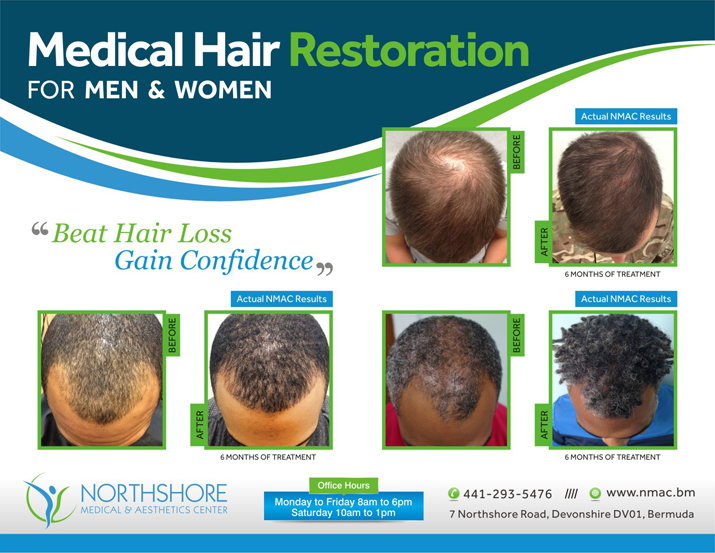|
While bald areas are an obvious sign of hair loss, it can be difficult to tell whether your hair is getting thinner. To find out try the tug test: hold about 15 or 20 hairs between the thumb and index finger and pull slowly and firmly. If more than six hairs come out there may be a problem.
|
|
Another easy technique to determine if you might be experiencing excessive hair loss is via a simple observation when you shower. The normal, regular rate of hair loss is around 50-150 hairs daily. So if you start to notice the rate increase, it's time to take action.
|











